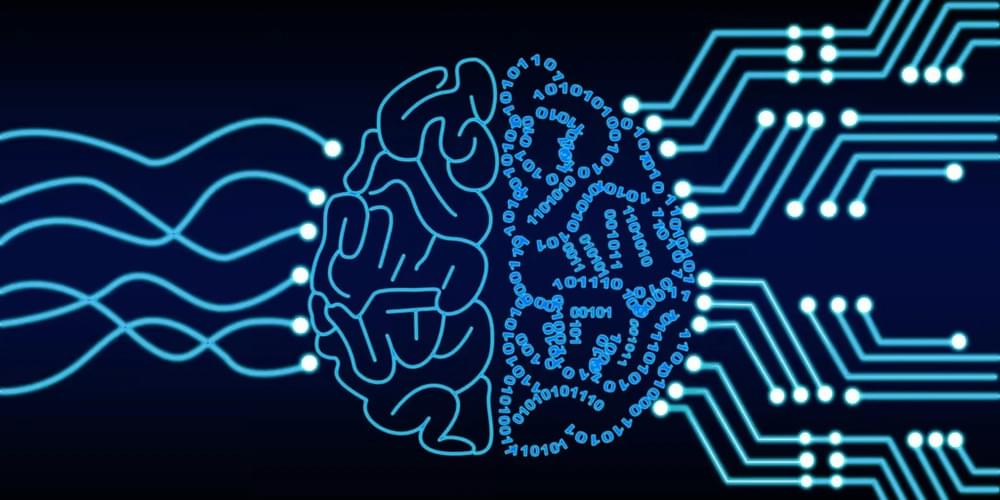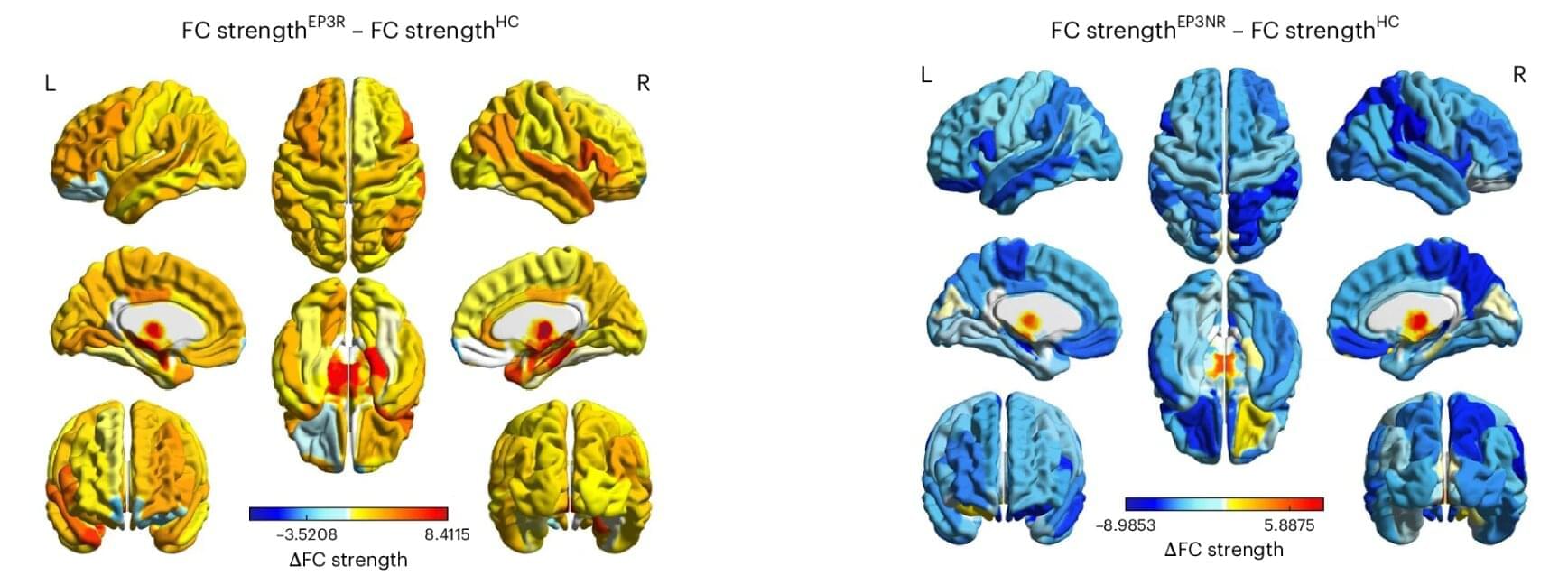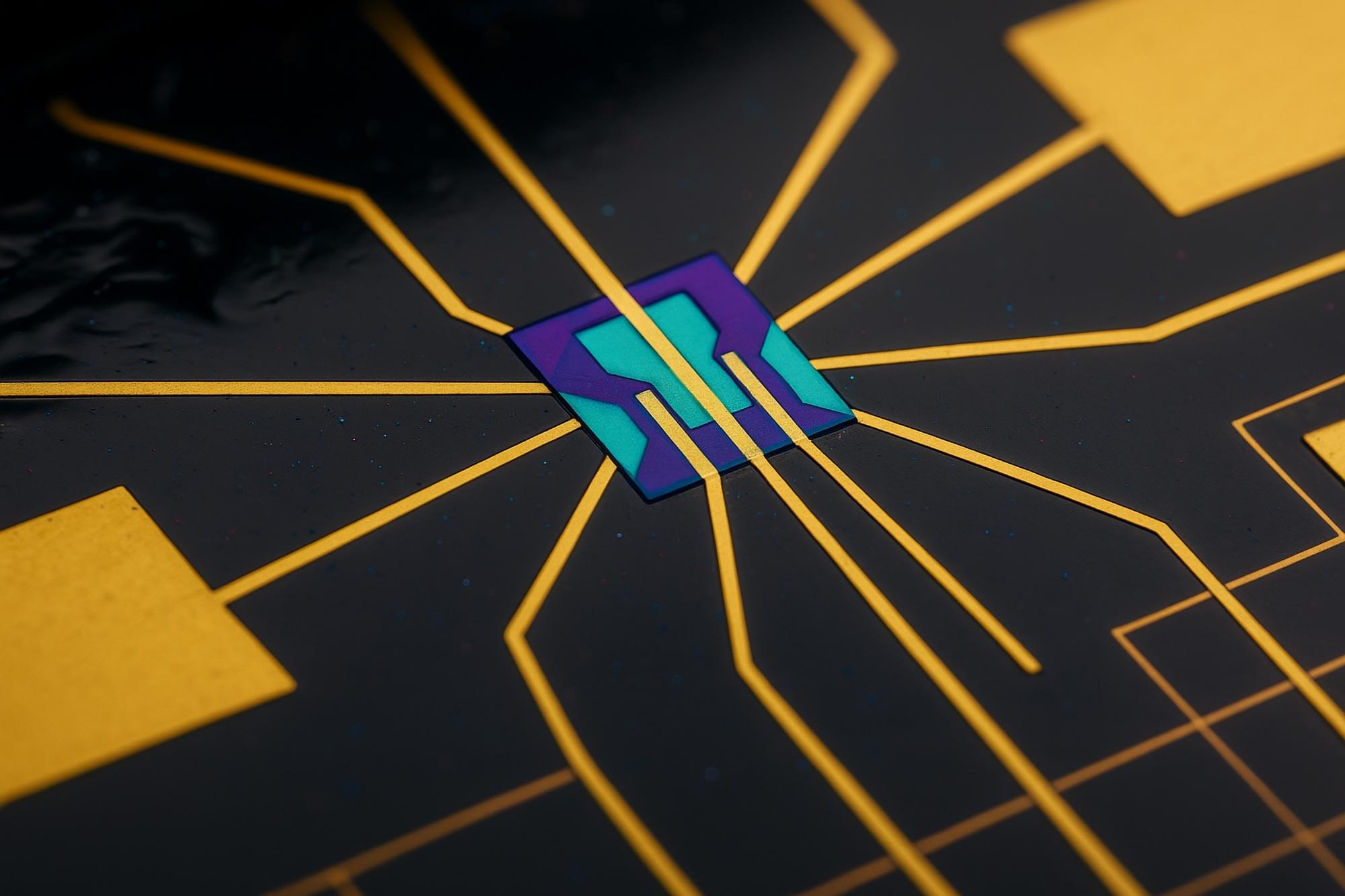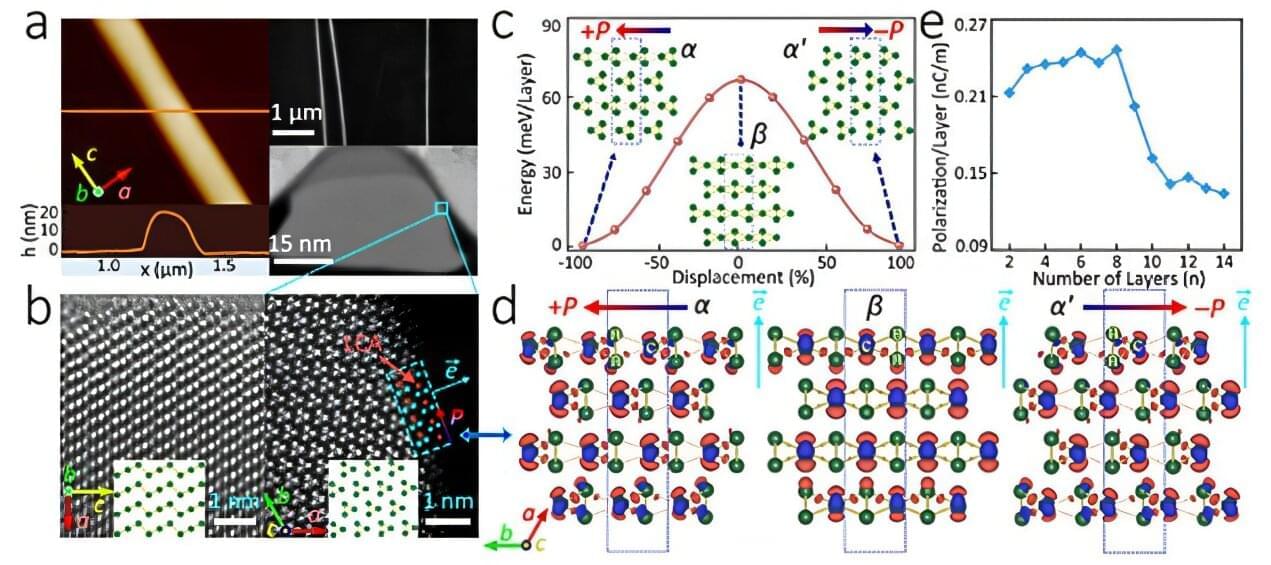Lithium-ion batteries have been a staple in device manufacturing for years, but the liquid electrolytes they rely on to function are quite unstable, leading to fire hazards and safety concerns. Now, researchers at Penn State are pursuing a reliable alternative energy storage solution for use in laptops, phones and electric vehicles: solid-state electrolytes (SSEs).
According to Hongtao Sun, assistant professor of industrial and manufacturing engineering, solid-state batteries—which use SSEs instead of liquid electrolytes—are a leading alternative to traditional lithium-ion batteries. He explained that although there are key differences, the batteries operate similarly at a fundamental level.
“Rechargeable batteries contain two internal electrodes: an anode on one side and a cathode on the other,” Sun said. “Electrolytes serve as a bridge between these two electrodes, providing fast transport for conductivity. Lithium-ion batteries use liquid electrolytes, while solid-state batteries use SSEs.”







